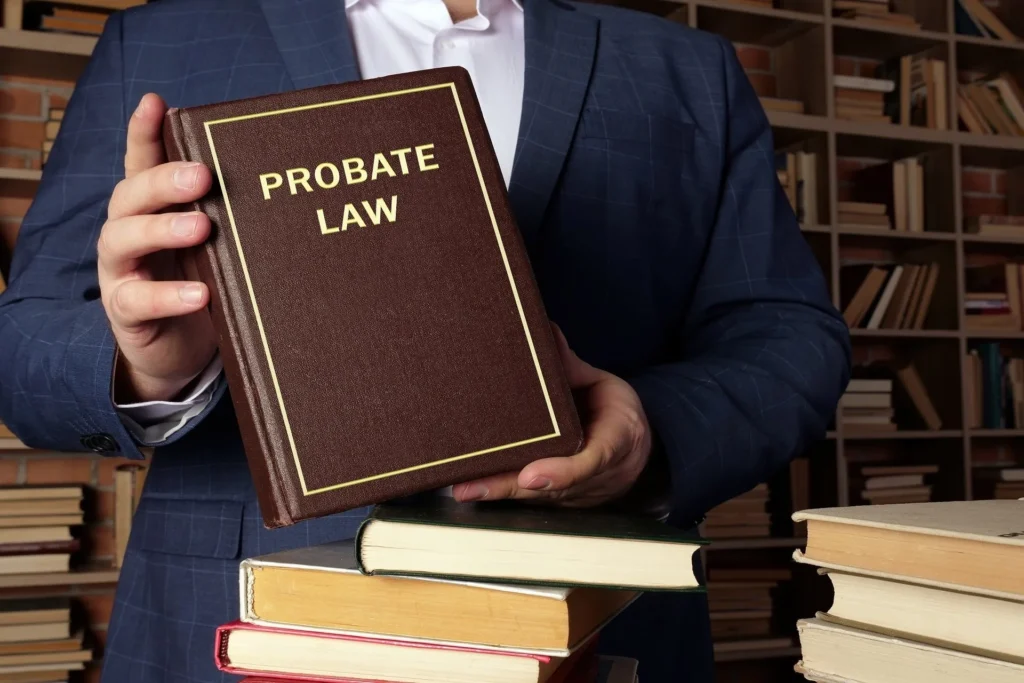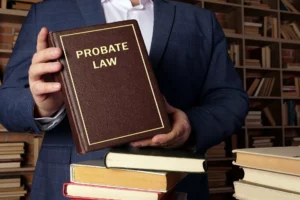Especially for those not familiar with the legal and financial elements involved, navigating the probate administration process can be taxing. The legal process known as probate settles any outstanding debt, manages a deceased person’s assets, and approves their will. A probate administration lawyer can guide you through the important stages, ensuring the process goes a lot more smoothly and under less stress.
Understanding the Basics of Probate Administration
Usually with an executor or personal representative handling the deceased’s estate, probate starts following a death. Should a will exist, the executor—usually designated in the will—is in charge of making sure the deceased’s desires are carried out. Should none exist, a court-appointed administrator fills in to handle comparable responsibilities. Verifying the legitimacy of the will and supervising to guarantee that all procedures follow the law would help the probate court. One should realize the responsibility of the executor and the obligations involved in running the estate.
Gathering and Protecting Estate Assets

Finding and safeguarding every asset the dead held comes first in the probate process. This covers real land, personal belongings, financial records, and any other valuable item. Executors must compile an exhaustive inventory of the assets and, if needed, act to insure or guard them. Avoiding possible issues or conflicts later in the process depends on correctly spotting and protecting these assets.
Settling Debts and Taxes
The estate has to pay any outstanding taxes and debts before handing assets to recipients. Throughout the probate procedure, creditors will be informed; a term will be given for them to submit claims against the estate. The executor or administrator has to pay off legitimate debt and closely evaluate these claims. The estate also probably has to submit final income tax returns and maybe estate taxes. Although this can take time and professional help may be needed, it is imperative to make sure all financial responsibilities are taken care of before any distribution takes place.
Navigating the probate administration procedure successfully calls for both organization and patience, as well as meticulous attention to detail, which is where a probate administration lawyer can provide invaluable guidance. Executors and managers have to be ready to handle the personal, financial, and legal obligations engaged in. Understanding every stage and approaching the required chores carefully helps people to guarantee a seamless and effective estate management. Seeking professional advice can also help to reduce the load and offer further knowledge, therefore lessening the anxiety of the process for all those engaged.






More Stories